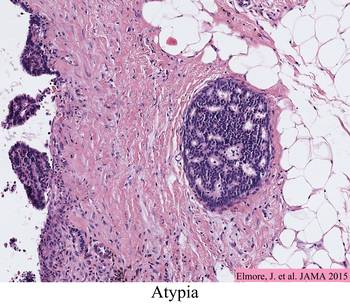Author Interviews, Genetic Research, Nature / 10.05.2016
Five New Genes Driving Breast Cancer Identified
MedicalResearch.com Interview with:
Serena Nik-Zainal MD PhD
Wellcome Beit Fellow & Honorary Consultant in Clinical Genetics
CDF Group Leader
Wellcome Trust Sanger Institute
United Kingdom
MedicalResearch.com: What is the background for this study? What are the main findings?
Dr. Nik-Zainal: We have used the massive improvement in speed of "sequencing" (reading the human genetic material) in order to obtain comprehensive whole genome maps of 560 human breast cancer patients. This is the largest whole genome sequencing study of a single cancer type in the world. We wanted to forensically search these cancers, find all the important genes that drive breast cancer, find all the important mutation patterns that tell us something about why breast cells turn into cancer cells and then to pull it altogether for each patient. We wanted to be able to "profile" each cancer patient, to see if we could further our understanding of personal cancer genomes.
In all, we had 556 female and four male patients, and they were sought from all over the world – USA, Europe and Asia.
(more…)

